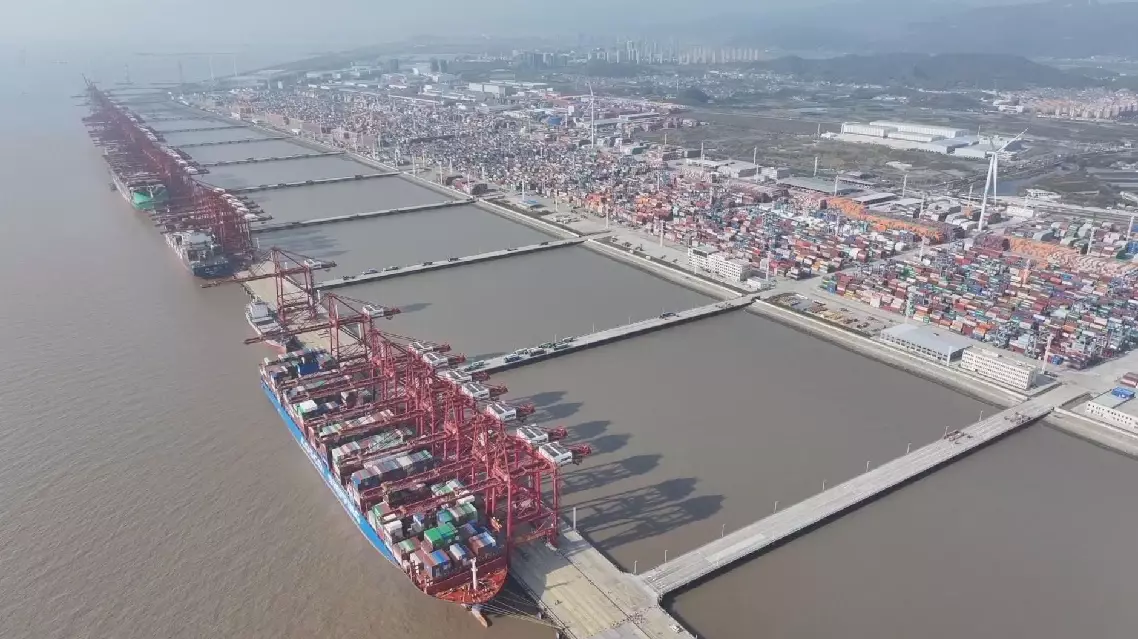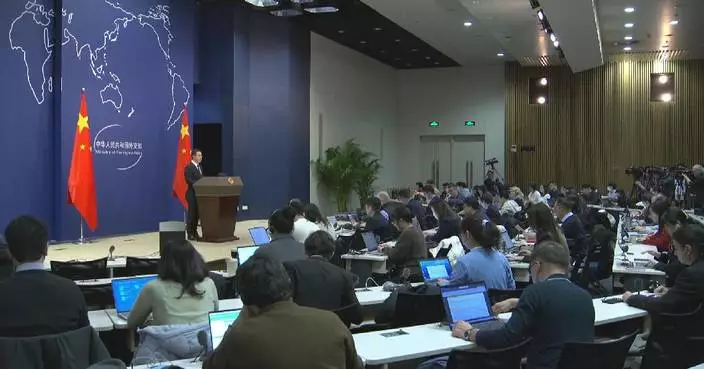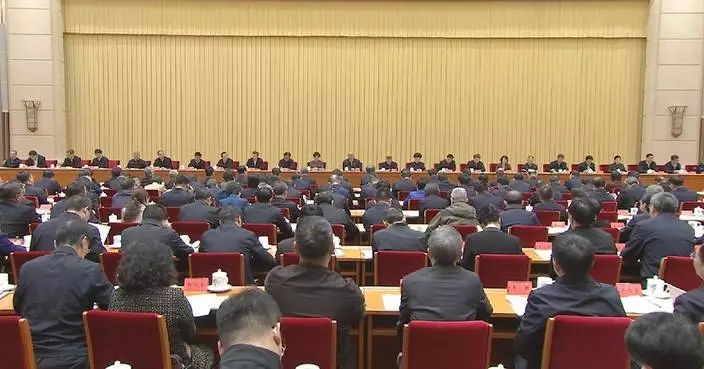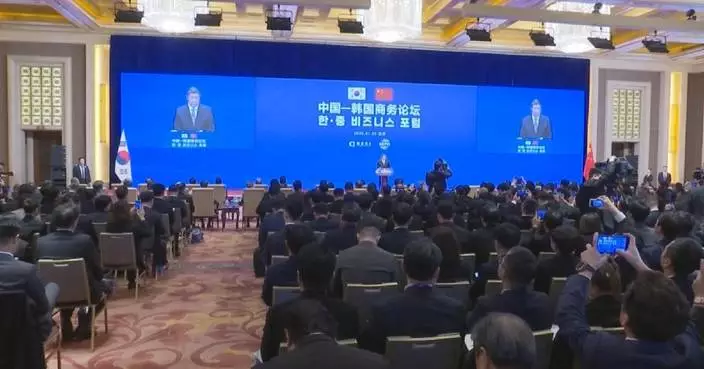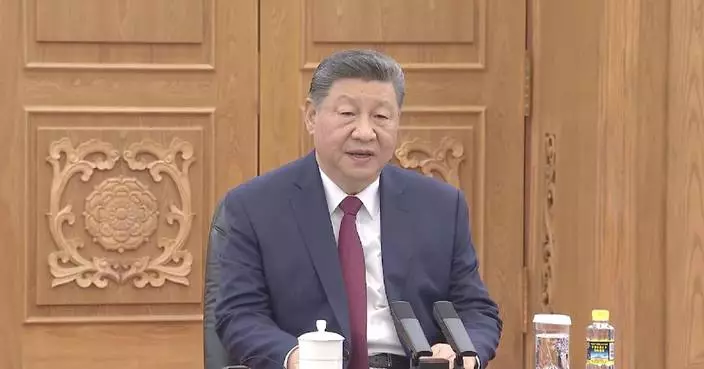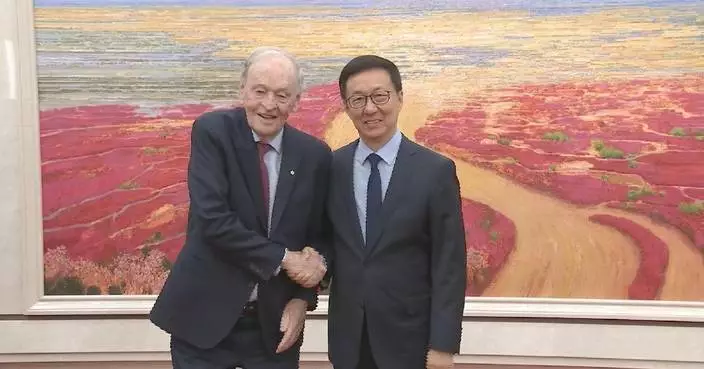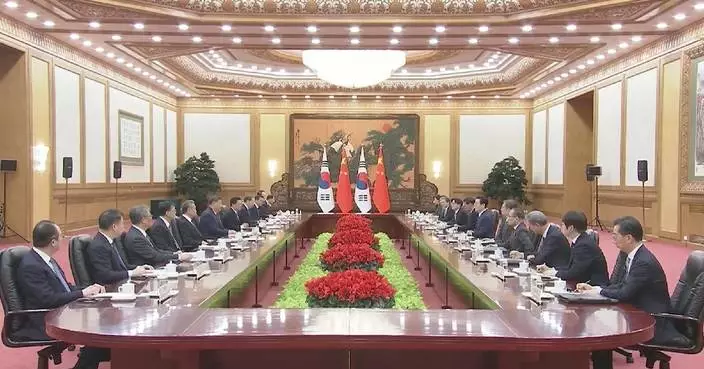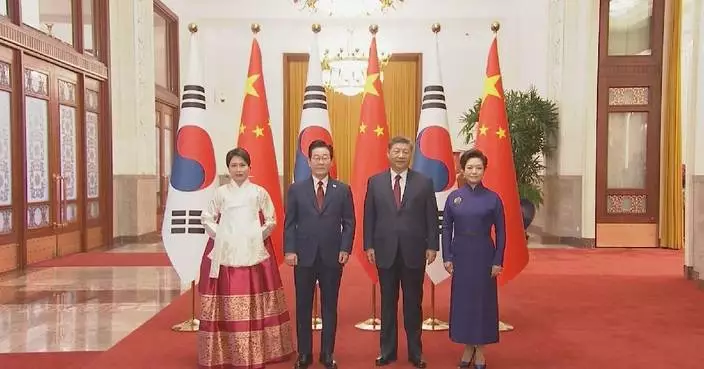The Guangdong-Macao In-depth Cooperation Zone in Hengqin of south China's Guangdong Province has thrived over the past three years, with growing numbers of Macao enterprises and residents benefiting from this "one country, two systems" arrangement.
Hengqin is an area located in the southern part of Zhuhai city in Guangdong Province, just adjacent to Macao. The Chinese government unveiled a general plan in September 2021 to promote the Guangdong-Macao In-depth Cooperation Zone in Hengqin as a new platform to boost Macao's targeted economic diversification.
The administrative organizations of the Guangdong-Macao In-depth Cooperation Zone in Hengqin marked its third anniversary on Tuesday.
Over the past three years, the blueprint laid out in the general plan for building the zone is gradually coming true.
During the Mid-Autumn Festival holiday from Sunday to Tuesday, the Hengqin Port experienced a surge in visitors, with many Macao residents crossing the border into Hengqin.
"Now, transportation and customs clearance between Hengqin and Macao are both very convenient. It takes me less than half an hour to travel from Taipa in Macao to Hengqin in the mainland," said a Macao resident.
This convenience is due to entry into effect of a new segmented management policy on March 1 this year, which has expanded opportunities for Macao's industrial development and residents' living, business startup and innovation in Hengqin.
People have purchased more than 1,300 apartments at the first neighborhood in Hengqin and on the Chinese mainland built for Macao residents.
Nearby the neighborhood, Hengqin School Affiliated to Hou Kong Middle School enrolled its first 256 Macao students in September.
Over the past three years, the integration of Hengqin and Macao has quickened its pace, with the implementation of various preferential policies.
A company which produces smart robots for diagnosing and treating patients with tumors relocated its headquarters to Hengqin in 2023.
"After settling in Hengqin, our company has benefited from a battery of support policies and received equity investment from the government's leading fund at the same time. Our products have also obtained the Class III innovative medical device registration certificate," said Zoeng Hou-jam, manager of the company.
As more businesses and talents settle in, innovation is speeding up.
The cooperation zone has prioritized the development of new industries: technological research and development and high-end manufacturing, Macao-branded industries like traditional Chinese medicine, cultural tourism and exhibition trade, and modern finance.
By the end of August this year, the zone had registered 17,000 companies in these industries, a more than 20-percent increase compared to the end of 2021.
"Now, the total number of Macao-funded enterprises in Hengqin has reached 6,365. The number of Macao residents living and working in the cooperation zone has grown to 20,359, and the number of Macao students has increased by 2.8 times in three years. The cooperation zone has become a new platform and home for Macao residents to work, start up businesses and live," said Su Kun, deputy director of the executive committee of the Guangdong-Macao In-depth Cooperation Zone.
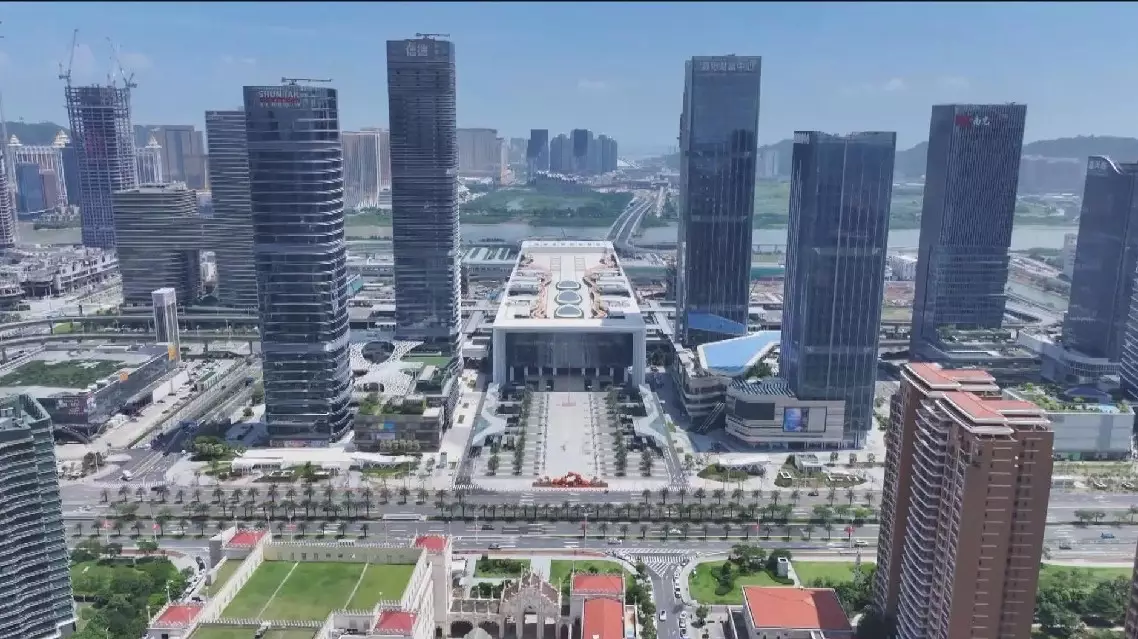
Hengqin-Macao integrated development gathers pace


